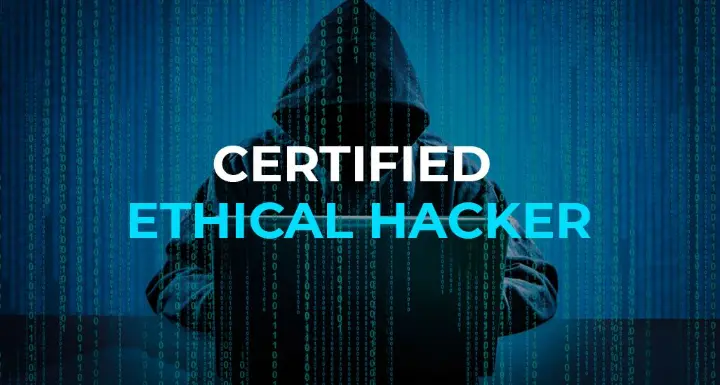
In the digital era, where information is a crucial asset, safeguarding it has become an indispensable aspect of modern life. Ethical hacking plays a pivotal role in enhancing cybersecurity, ensuring that digital systems, networks, and sensitive data are protected from malicious threats. This article delves into the concept of ethical hacking, its significance, and its role in responsible cybersecurity practices.
What is Ethical Hacking?
Ethical hacking, also known as white-hat hacking, involves legally penetrating computer systems, networks, or applications to identify vulnerabilities before malicious hackers can exploit them. Ethical hackers, or penetration testers, use the same tools and techniques as cybercriminals but do so with the permission of the system's owner. Their objective is to strengthen the system’s defenses by uncovering and fixing weaknesses.
Importance of Ethical Hacking
The growing dependency on digital systems has given rise to an increase in cyber threats such as ransomware attacks, data breaches, and phishing scams. Ethical hacking is a proactive measure to combat these threats. By identifying potential vulnerabilities, ethical hackers prevent unauthorized access, safeguard sensitive data, and ensure the integrity of networks.
Organizations, especially those in finance, healthcare, and government sectors, rely heavily on ethical hackers to maintain compliance with cybersecurity regulations. Ethical hacking also builds trust among customers, who are assured that their data is in safe hands.
Principles of Responsible Ethical Hacking
To maintain integrity and professionalism, ethical hackers adhere to several principles:
- Authorization: They operate only with explicit consent from the system owner.
- Confidentiality: All findings and activities remain confidential and are shared only with authorized personnel.
- Non-Destructive Testing: Ethical hackers identify vulnerabilities without causing any harm to the system.
- Accountability: They document their findings, actions, and recommendations in a detailed report.
Common Techniques in Ethical Hacking
Ethical hackers employ a variety of techniques to evaluate system security:
● Reconnaissance: Gathering information about the target system to identify potential entry points.
● Scanning: Using tools to identify vulnerabilities in the network or system.
● Exploitation: Attempting to breach the system to test its defenses.
● Reporting: Providing a detailed analysis of vulnerabilities and recommendations for mitigation.
Ethical Hacking as a Career
With the increasing demand for cybersecurity professionals, ethical hacking has emerged as a lucrative career option. Certifications like Certified Ethical Hacker (CEH), Offensive Security Certified Professional (OSCP), and CompTIA PenTest+ are highly valued in the industry. Ethical hackers can work as in-house security experts, independent consultants, or part of specialized cybersecurity firms.
Conclusion
Ethical hacking is a cornerstone of modern cybersecurity. It ensures that systems remain resilient against ever-evolving cyber threats while promoting responsible and lawful practices. As technology advances, the role of ethical hackers will become increasingly critical in building a secure digital landscape. Embracing ethical hacking not only protects organizations but also fosters a safer online environment for everyone.